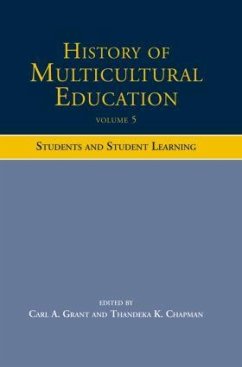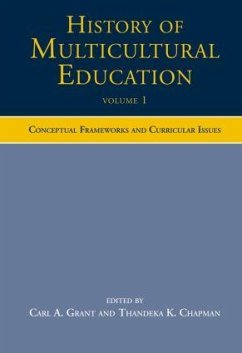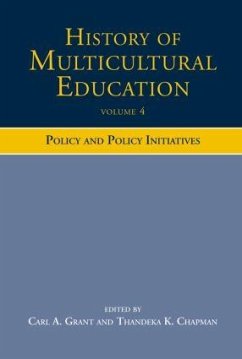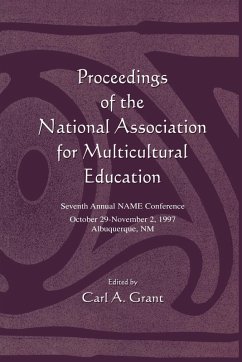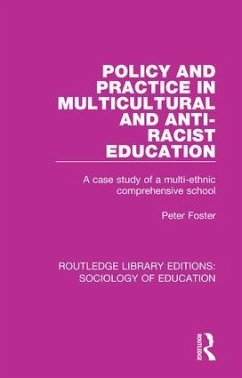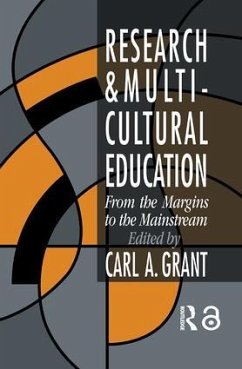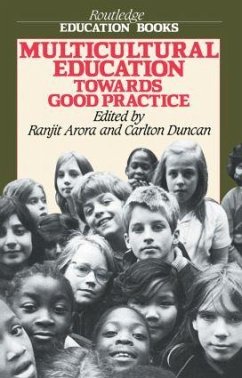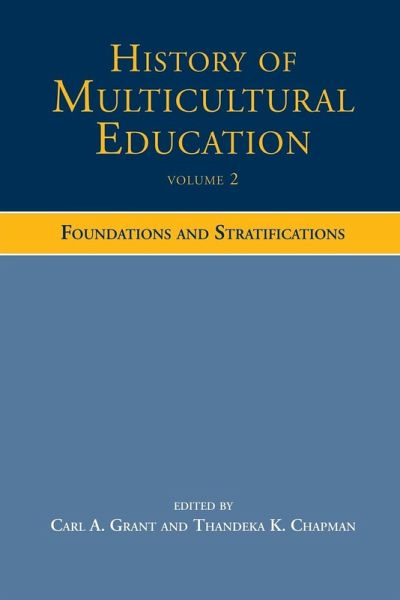
History of Multicultural Education
Foundations and Stratifications
Herausgeber: Grant, Carl A.; Chapman, Thandeka K.
Versandkostenfrei!
Versandfertig in 1-2 Wochen
41,99 €
inkl. MwSt.

PAYBACK Punkte
21 °P sammeln!
This benchmark 6-volume set documents, analyzes, and critiques a comprehensive body of research on the history of multicultural education in the U.S. The volumes reflect the tenets of multicultural education, its history, its present, and individuals whose work has contributed significantly to equity and social justice for all citizens. By collecting and providing a framework for key publications spanning the last 30-40 years, this set provides a means of understanding and visualizing the development, implementation, and interpretation of multicultural education in American society. The volume...
This benchmark 6-volume set documents, analyzes, and critiques a comprehensive body of research on the history of multicultural education in the U.S. The volumes reflect the tenets of multicultural education, its history, its present, and individuals whose work has contributed significantly to equity and social justice for all citizens. By collecting and providing a framework for key publications spanning the last 30-40 years, this set provides a means of understanding and visualizing the development, implementation, and interpretation of multicultural education in American society. The volumes do not promote any one scholar's or group's vision of multicultural education, but include conflicting ideals that inform multiple interpretations. Each volume contains archival documents organized around a specific theme: Conceptual Frameworks and Curricular Content; Foundations and Stratifications; Instruction and Assessment; Policy and Governance; Students and Student Achievement; Teachers and Teacher Education. The historical time line within each volume illustrates the progression of research and theory on its theme and encourages readers to reflect on the changes in language and thinking concerning educational scholarship in that area.





